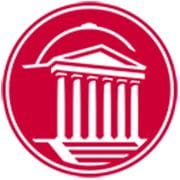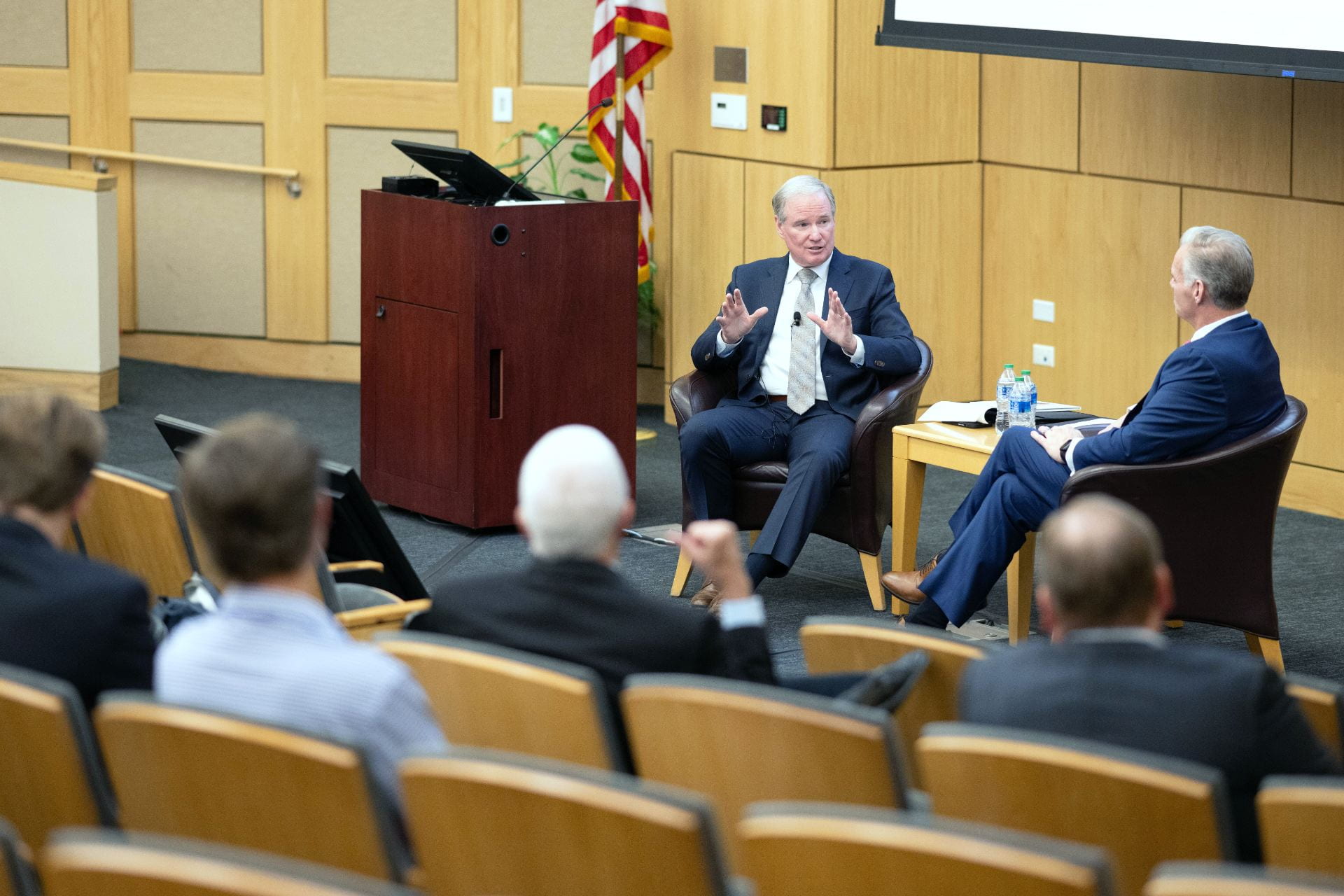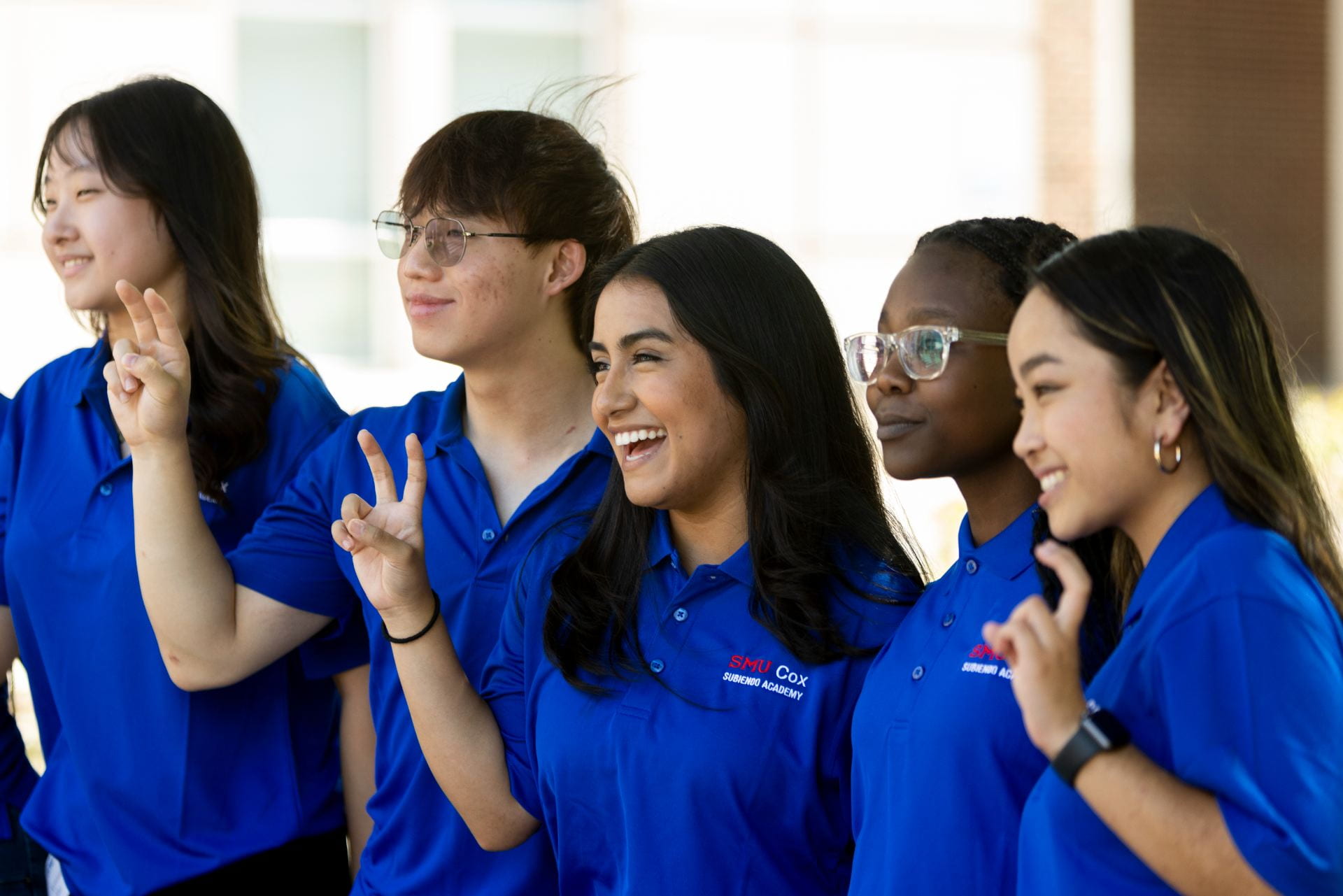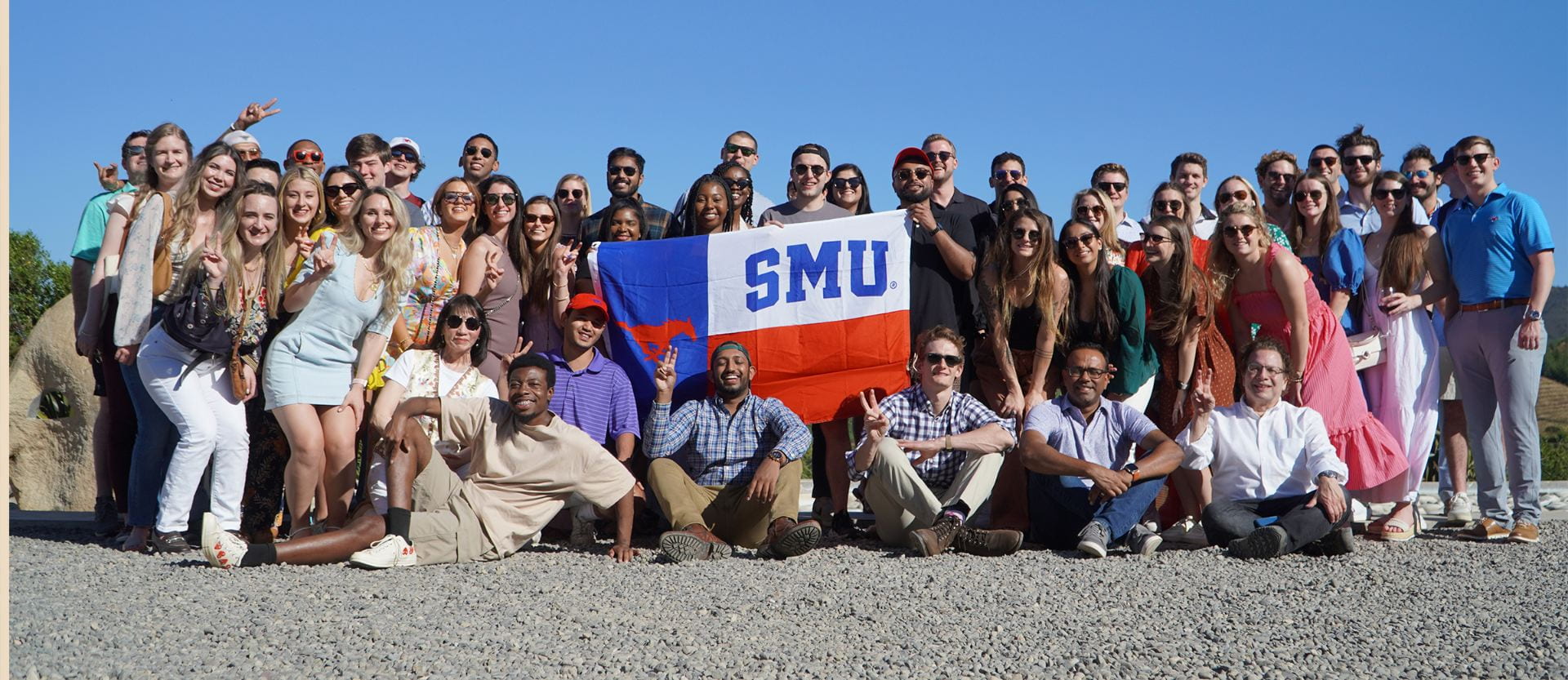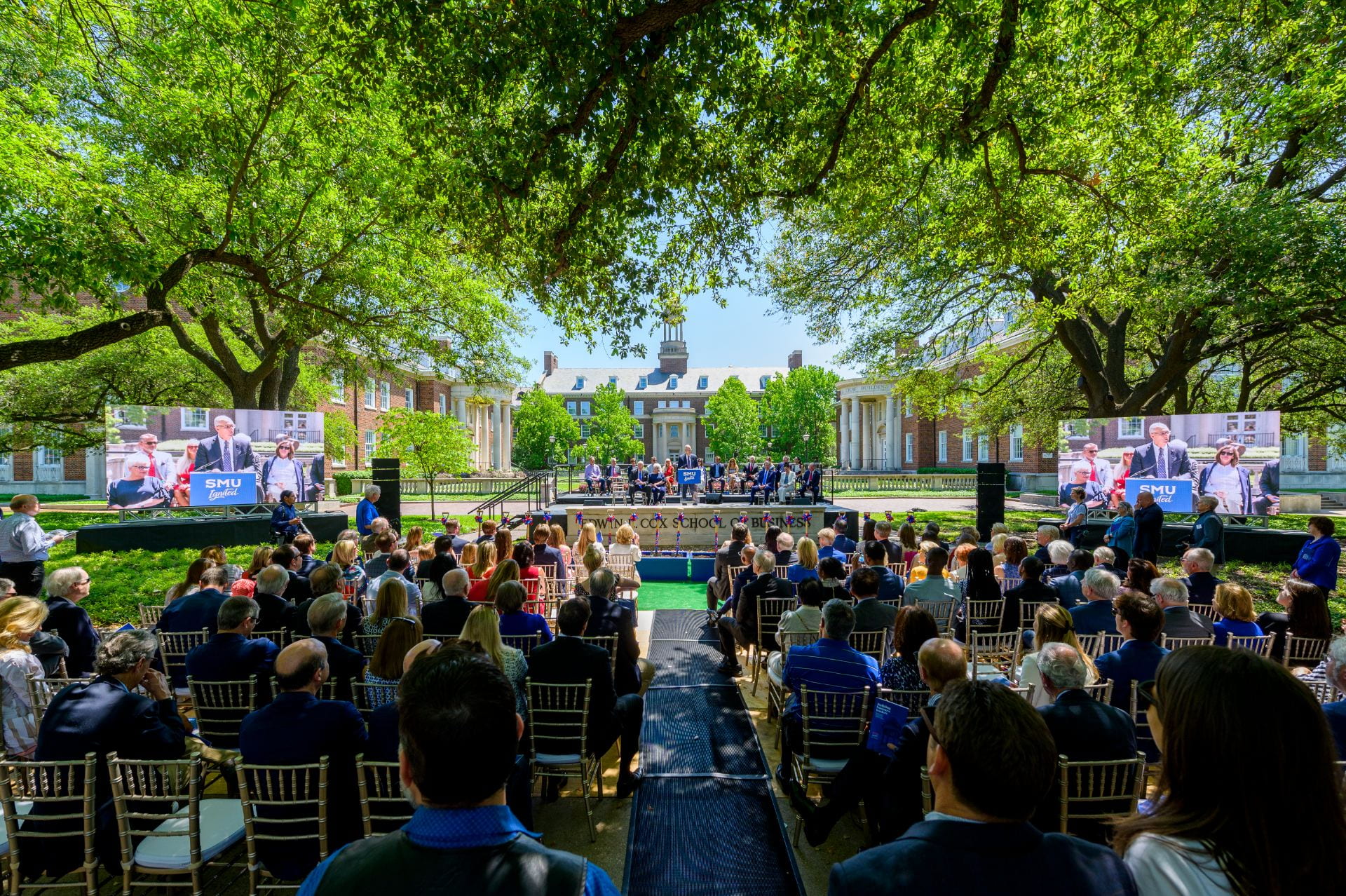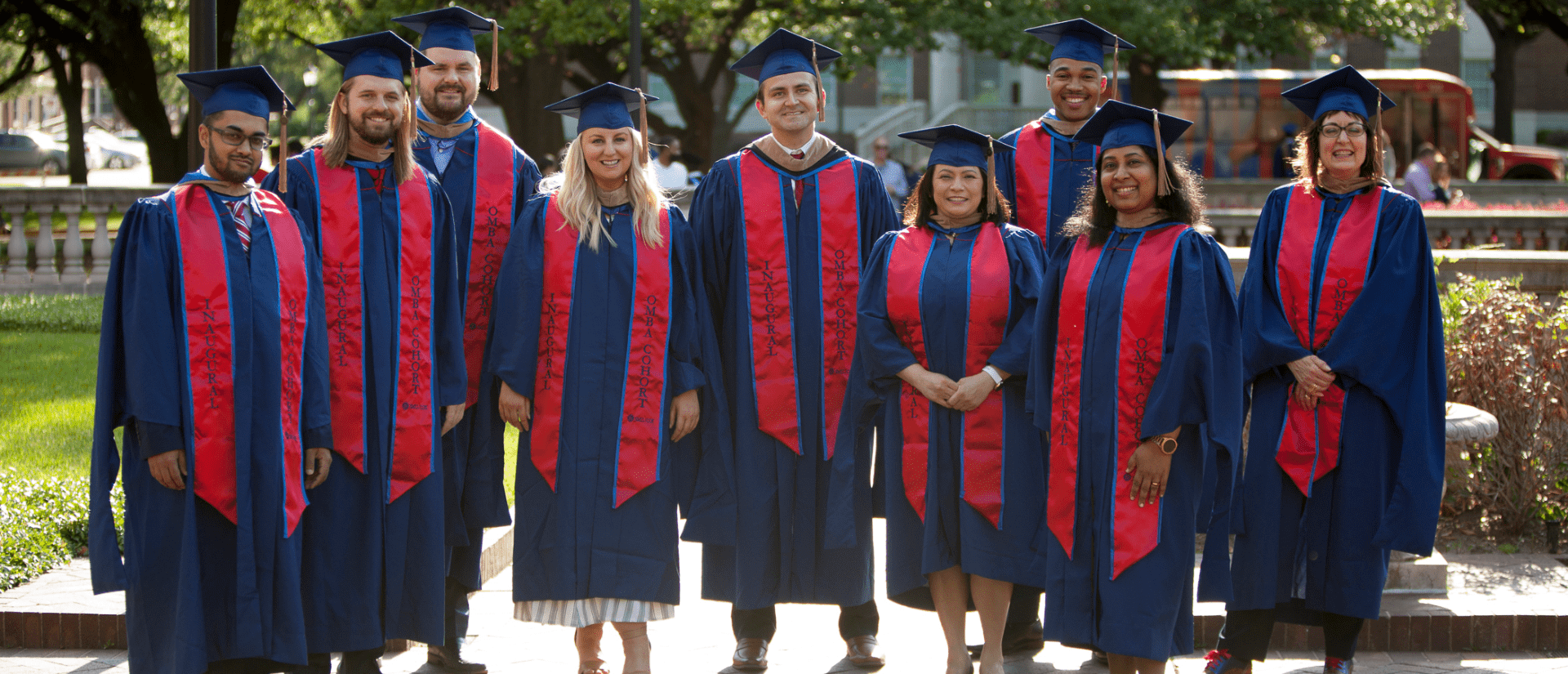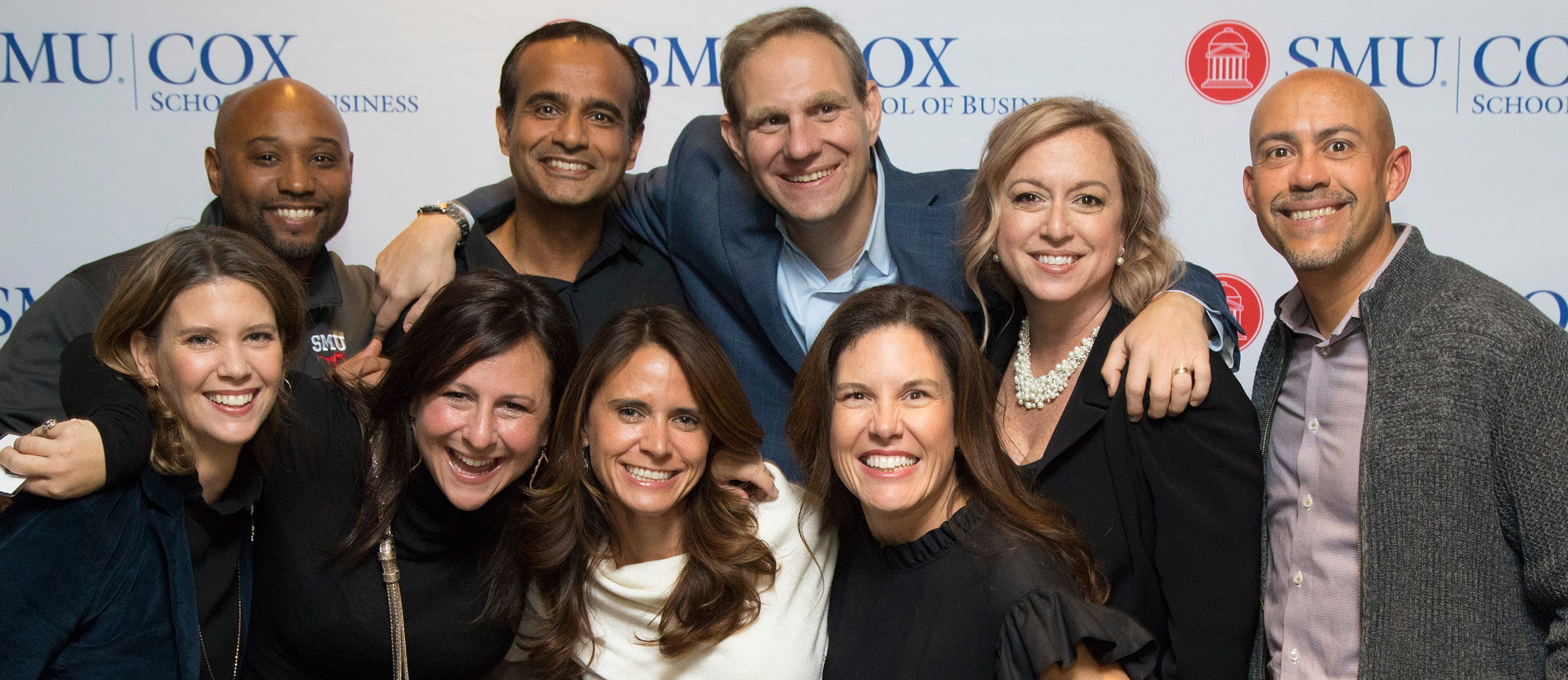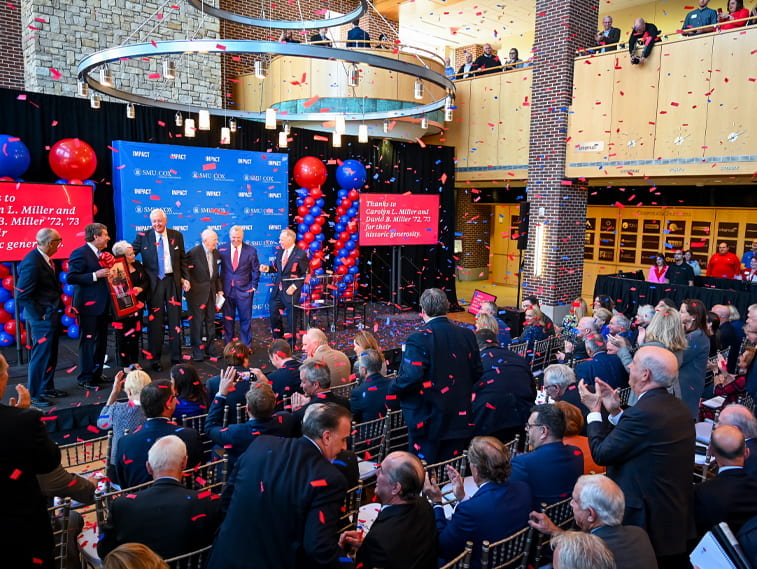For the past 50 years, the Associate Board Mentoring Program has connected SMU Cox business students to business leaders in the community. 1970 was a defining year for SMU Cox with the founding of the Caruth Institute and the Associate Board, both addressing important business needs. Mentorship is a valuable component to any education. It’s that relational bridge combining university learning with real-world experience. Over the years, the Cox Associate Board has become the model for business mentoring.
“When Ray Hunt and I started the Associate Board, the School of Business had a strong relationship with Dallas business leaders like Cox and his peers through the Foundation for Business Administration,” says Bobby B. Lyle, who served as interim dean from 1971 to 1973 and is a member of the SMU Board of Trustees and the Cox Executive Board. “However, we had no similar organization for the emerging business and civic leaders who were following in their footsteps. We decided that should change, and we set out to identify approximately 50 under-40-year-old emerging leaders that we would invite to join us as members of a new organization. The purpose was to establish a strong working relationship between the emerging leaders and the School. We had a 100% success rate. Everyone we invited to join said ‘Yes.’”
At first, the emphasis was on professional development — student recruiting, student career development and job placement and professional networking. In the early 1980s, the purpose of the Associate Board changed from career development to more direct mentorship. The membership enlarged from 50 to over 200. The program has grown into the premier mentoring program in the United States. While it has always been available to any Cox graduate student, including those in MS programs, the program made an important shift in the 2019-2020 academic year to being mandatory for all Full-Time MBAs.
“You don’t want students just checking the box,” says Jason Rife, executive director of the Career Management Center, who mandated the change. “You want them to see the value in it. With more students, you get some nontraditional matches with mentors, which we also see as a bonus. We recognize that not every conversation will grow into a long-term relationship. We’re just planting seeds.”
Rife compares the mentoring experience to a board of directors. “No company would have an executive board with only a single person on it. Likewise, you want a board of directors for your life, which includes several people — a diversity of guidance and insight. You want someone who plays in your space but also has an outside perspective.”
Daniel Nix, EMBA ’13, of ThinkWell Consulting LLC, has experienced the Associate Board from both sides — as a mentee and as a mentor. “I am proud to say I began mentoring just months after I graduated, and I am now going on seven years. Tom Perkowski, who leads the EMBA program, has this great saying: ‘The SMU network is not all about take — you also have to give.’ The SMU EMBA program gave me so much, and becoming a mentor is my favorite way to give back.”
As a mentor, Nix see benefits he never expected. “I know it’s a cliché, but I often feel like I’ve learned more from my mentees than they have from me. The rate of change is so fast today. Having mentees from the MBA, PMBA and EMBA programs, each with differing backgrounds and aspirations, is truly rewarding.”



